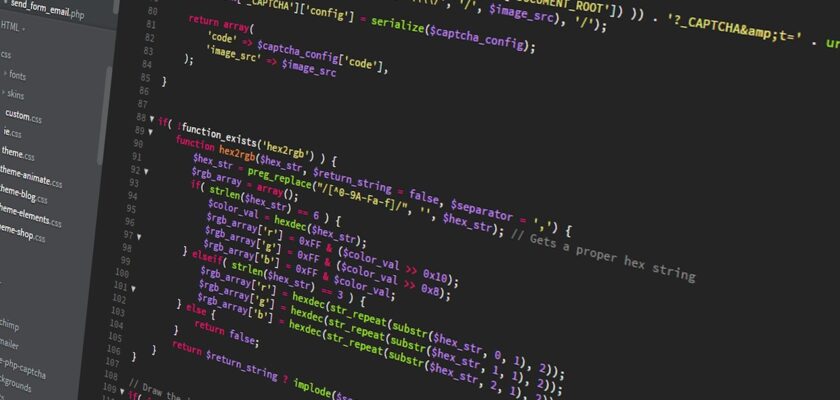Lambda functions, also known as anonymous functions, are small, one-line functions without a defined name. They are created using the lambda keyword and can take any number of arguments but can only have a single expression. Lambda functions are primarily used when we need a simple function without the need for a formal definition.
#Without Lambda
def sum(a,b):
return a + b
a = 1
b = 2
c = sum(a,b)
print(c)
Lambda functions offer a concise syntax for defining functions without the overhead of a full function definition. With lambda functions, you can define functions on the fly and use them immediately. This streamlined approach eliminates the need for defining a separate function and enhances code readability by keeping the logic in a compact form.
#Function Summary
your_function_name = lambda inputs : output
Lambda functions align with the functional programming paradigm by treating functions as first-class objects. They can be assigned to variables, passed as arguments to other functions, and returned as function results. This functional approach opens up a wide range of possibilities, allowing for more expressive and flexible code.
#Lamba Example
a = 1
b = 2
sum = lambda x,y : x + y
c = sum(a,b)
print(c)
Lambda functions find application in scenarios where a small, temporary function is required, such as sorting, filtering, and mapping operations. They are often used in conjunction with built-in functions like map(), filter(), and reduce(). Lambda functions enable concise and readable code, particularly when dealing with operations on collections or iterables.
Lambda functions Exercise Solution
#Code Completed
l = [2,4,7,3,14,19]
for i in l:
# your code here
my_lambda = lambda x : (x % 2) == 1
print(my_lambda(i))
Lambda functions in Python offer a concise and versatile approach to define anonymous functions on the fly. By leveraging lambda functions, developers can write more expressive and readable code, especially when dealing with small, temporary functions in functional programming paradigms. Understanding and utilizing lambda functions expands our toolkit and enhances our ability to write efficient and concise Python code.

